Diabetes is a serious health issue in the U.S. In recognition of American Diabetes Month, today’s post takes a look at this common, but often misunderstood, disease, some often-repeated myths, and a review of the emergency care response to incidents of hypoglycemia.
According to the Centers for Disease Control:
In the United States, approximately 30 million persons are living with diabetes and 84 million with prediabetes. Persons with prediabetes are at high risk for developing type 2 diabetes, heart disease, and stroke. Likewise, women who have had gestational diabetes (diabetes during pregnancy) are at increased risk for developing type 2 diabetes later in life. However, type 2 diabetes can be prevented or delayed through a structured lifestyle change program that promotes weight loss, healthy eating, and increased physical activity.
The American Diabetes Association created a downloadable resource that explores some of the misconceptions and common questions about living with diabetes, such as:
- If you’re overweight, will you always develop type 2 diabetes? Being overweight is a risk factor for developing diabetes, but other risk factors such as how much physical activity you get, family history, ethnicity, and age also play a role. Unfortunately, many people think that weight is the only risk factor for type 2 diabetes, but many people with type 2 diabetes are at a normal weight or only moderately overweight.
- If you have type 2 diabetes and your doctor says you need to start using insulin, does it mean you're failing to take care of your diabetes properly? Using insulin to get blood glucose levels to a healthy level is a good thing, not a bad one. For most people, type 2 diabetes is a progressive disease. When first diagnosed, many people with type 2 diabetes can keep their blood glucose at a healthy level with a combination of meal planning, physical activity, and taking oral medications. But over time, the body gradually produces less and less of its own insulin, and eventually oral medications may not be enough to keep blood glucose levels in a healthy range.
To download the ADA’s Diabetes Myth Busters PDF, click here.
Emergency Care for Altered Mental Status - Hypoglycemia
An altered mental status is a significant or unusual change in a person’s personality, behavior, or consciousness. It is a warning sign of a serious problem and is a serious medical emergency.
Hypoglycemia, or low blood sugar, is a diabetic condition that can develop rapidly and become life threatening. A person can begin to act odd or become confused.
- If the person is responsive and can swallow without difficulty, provide some form of sugar, such as oral glucose, orange juice, candy, fruit leather, or whole milk. Mental status will gradually improve.
- If the person is unable to follow simple commands or has difficulty in swallowing, do not give anything to eat or drink. Activate EMS.
- NOTE: Insulin is not an emergency medication. It is never appropriate to administer insulin to a diabetic person in an emergency.
Is someone in your family diabetic? Are you ready to respond in an emergency for them, for your co-workers, or for anyone in your community? Click the button below to find an ASHI or MEDIC First Aid CPR, AED, and first aid class near you.








.png?width=600&name=HSI-CTA-EmergencyCareTraining%20(1).png)











Comments